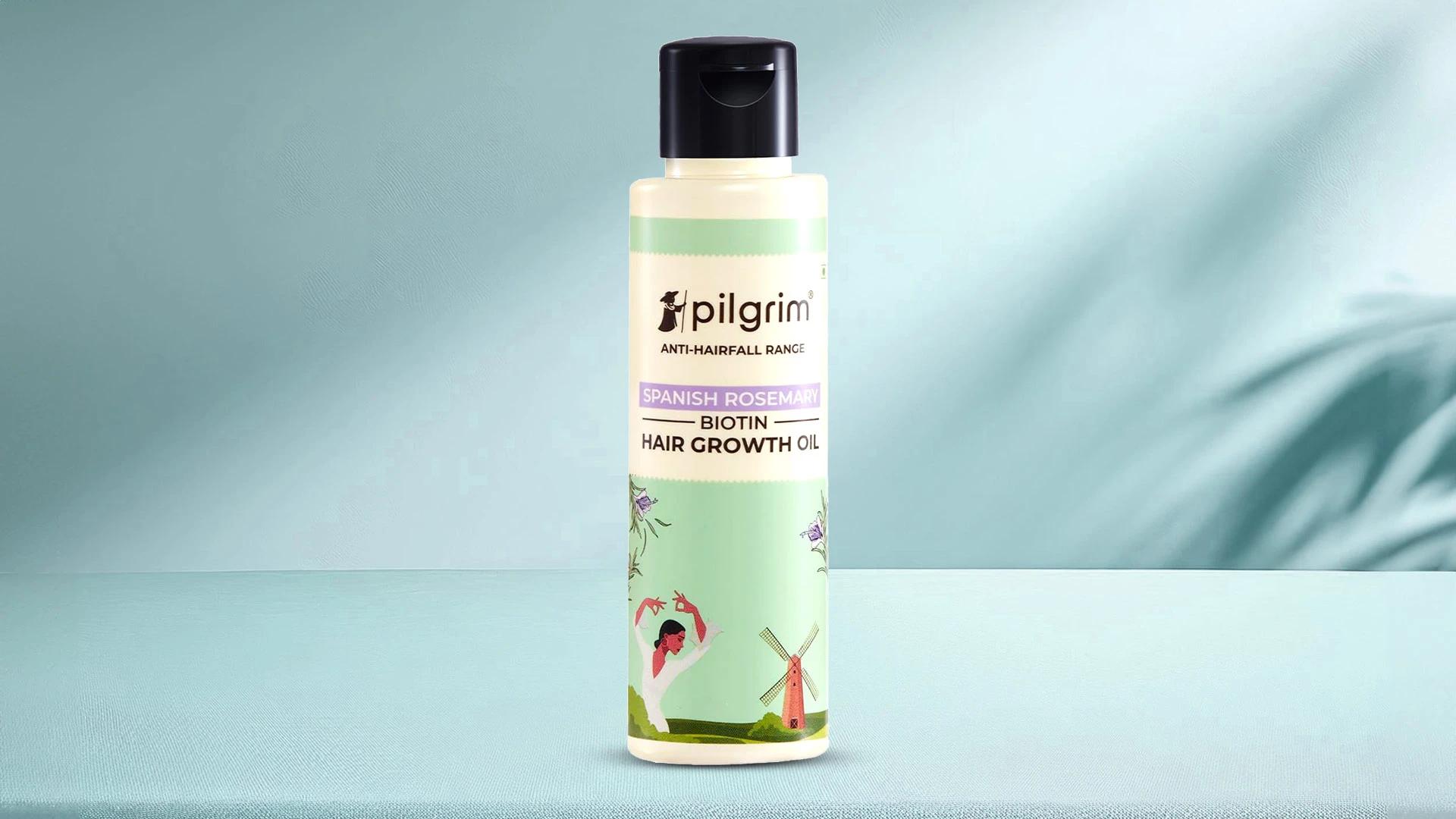Protein: The Building Block of Hair
Protein-rich foods for hair are non-negotiable since hair is primarily made of protein. Eggs, fish, beans, and quinoa provide the amino acids needed to build strong, healthy hair strands.
Incorporating Hair-Healthy Vitamins into Your Diet
The best approach to getting these essential nutrients is through a varied, balanced diet rather than relying solely on supplements. Real food provides vitamins in forms that your body can easily absorb and use.
Balanced Diet for Optimal Hair Health
Aim for a rainbow of colours on your plate – different coloured foods provide different vitamins and minerals. Include a mix of fruits, vegetables, whole grains, lean proteins, and healthy fats to cover all your bases.
Supplements: When and How to Use Them
Supplements can be helpful if you have diagnosed deficiencies or dietary restrictions. However, it's always best to consult with a healthcare professional before starting any supplement regimen. Some vitamins can be toxic in large amounts.
Frequently Asked Questions
Which vitamin deficiency causes hair loss?
Several vitamin deficiencies can cause hair loss, but iron, vitamin D, and B12 deficiencies are the most common culprits. Biotin deficiency can also lead to hair thinning, though it's less common with a balanced diet.
Can taking vitamins reverse hair loss?
If hair loss is due to vitamin deficiency, correcting the deficiency might help restore normal hair growth. However, if hair loss is due to genetics or other factors, vitamins alone won't reverse it completely.
How long does it take to see results from hair vitamins?
Hair grows slowly, so you'll typically need to wait 3-6 months to see noticeable improvements. Hair grows about half an inch per month, so patience is key when trying to improve hair health through nutrition.
Are there any side effects of taking hair growth vitamins?
Most vitamins are safe when taken as directed, but some can cause side effects if taken in large amounts. Fat-soluble vitamins (A, D, E, K) can build up in your body and potentially cause toxicity.
Final Thoughts
These seven essential vitamins – biotin, vitamin D, vitamin E, vitamin C, vitamin A, B-complex vitamins, and vitamin B12 – form the foundation of healthy hair growth. Remember, your hair reflects your overall health, so focusing on nutrition benefits more than just your strands.
The key is consistency and patience. Hair growth is a slow process, but with the right nutrients, you're giving your hair the best chance to grow strong and healthy. Real talk – there's no magic pill for instant hair transformation, but nourishing your body with these essential nutrients is a solid step towards your hair goals.
When you're ready to explore haircare products that complement your nutritional efforts, Smytten offers curated trial packs from trusted brands, letting you discover what works for your hair without the commitment. With mini-sized products from over 1,500 brands, you can try different haircare solutions before investing in full sizes. After all, why settle for 'maybe' when you can #TryItAll!

 200ml
200ml Combo
Combo Combo
Combo 120 Gummies
120 Gummies